What Most Homeowners Do Not Know About Gate Installations
Gate installations often seem straightforward, but there are many intricacies involved that can impact the functionality, security, and aesthetics of your home. This article delves into the lesser-known aspects of gate installations that can significantly affect homeowners. Whether you are considering a new gate for improved security or aesthetic purposes, understanding these complexities can save you time and money. Today’s gate market is flourishing, with the residential segment projected to hold a 43.19% revenue share in 2024, according to Research and Markets. Informed decisions can enhance value while ensuring your investment is suitable for your specific needs.
Choosing the Right Material
Durability and Maintenance
The choice of material is a critical step in ensuring the durability of your gate installation. Materials such as steel and wrought iron are popular for their robustness but require regular maintenance to prevent rust and other forms of wear. On the other hand, aluminum and vinyl offer low-maintenance options, although they may not provide the same level of strength. Regular checks and a good maintenance schedule can prolong the life of these materials, ensuring that your investment remains sound for years. Therefore, understanding the longevity and required upkeep is essential for homeowners looking to make a smart and lasting choice.
Climate Considerations
Local climate plays a significant role in the selection of gate materials. In regions with high humidity or frequent rainfall, corrosion-resistant materials like stainless steel or treated woods may be the best option. Conversely, in areas with a dry climate, aluminum and vinyl may perform well with minimal issues. Snowfall and icy conditions might necessitate sturdier options like wrought iron, which can withstand harsh weather conditions but require additional anti-corrosion treatments. Being aware of these factors helps to prevent unexpected complications post-installation and ensures your gate functions optimally regardless of weather conditions.
Aesthetic Appeal
The visual impact of your gate cannot be understated when considering overall property aesthetics. Homeowners often select materials that seamlessly integrate with their property’s architectural style. For example, traditional designs may complement wrought iron gates, known for their elegant and timeless appearance. Conversely, more contemporary homes may be better suited to clean, minimalist aluminum structures. Thus, choosing a material that enhances and complements the home’s existing aesthetics is crucial for achieving the desired visual outcome.
Cost Implications
Understanding the cost implications of various gate materials helps in making an informed financial decision. Materials like wrought iron tend to be more expensive due to their complexity and durability, making them a long-term investment. Conversely, materials such as vinyl and aluminum offer more affordable upfront costs, presenting an attractive option for budget-conscious homeowners. Long-term maintenance costs also vary, with certain materials necessitating ongoing protective treatments. Thus, evaluating both immediate and future financial impacts is essential to ensuring a sensible investment in your gate installation project.
Sustainability Factors
As awareness of environmental sustainability grows, many homeowners are considering eco-friendly materials for their gates. Wood from sustainable sources or recycled metal options can minimize the ecological impact of your gate installation. Additionally, treatments and finishes have environmental considerations, with options for low-VOC (volatile organic compounds) paints and sealants available. Selecting sustainable materials not only benefits the environment but can also be a selling point for environmentally conscious future buyers of your home. Ultimately, sustainability can be a key deciding factor for those eager to reduce their environmental footprint.
Understanding Gate Automation
Types of Gate Operators
Gate automation offers a variety of operator types, each catering to specific needs. Swing gate operators, designed for gates that open inwards or outwards, are commonly used in residential properties. Sliding gate operators, on the other hand, are suitable for spaces where swing gates might not work, such as driveways with limited room. There are also underground operators which provide a more discreet solution, hiding the mechanics of the automation process. Understanding these options helps homeowners select an operator that best fits their space and operational preferences.
Power Supply Options
Powering automated gates presents several options, each with its own set of advantages and disadvantages. Traditional electric-powered gates require a consistent electricity supply and possibly a backup option to account for power outages. Solar-powered gates are an innovative and eco-friendly alternative, ideal for homes seeking sustainable solutions. Battery-powered backups are also commonly integrated, ensuring gate functionality even when primary power supplies are compromised. Attention to power supply considerations ensures that the gate operates consistently and reliably under all circumstances.
Integration with Smart Home Systems
The trend of integrating gate systems into smart home technology offers unparalleled convenience. Modern systems can be synced with apps and voice commands, allowing homeowners to control their gates remotely. This integration supplements traditional security measures and introduces exciting possibilities such as visitor notifications, remote access control, and real-time monitoring. For tech-savvy homeowners, such enhancements ensure that gate installations keep pace with other smart home technologies, offering cohesive and modern functionality. This level of integration not only improves convenience but also significantly enhances overall home security.
Safety and Security Features
Safety and security are paramount when it comes to automated gate systems. These systems come equipped with features such as obstacle detection, ensuring gates stop if any obstruction is encountered. Modern systems often include integrated security cameras and intercom systems, enhancing the ability to screen and control access. Advanced systems may also offer anti-tailgating features, closing gates automatically after a vehicle passes, thereby ensuring single vehicle ingress and egress. Such features are crucial in enhancing both the safety and security of residential properties.
Maintenance of Automated Gates
Just like their manual counterparts, automated gates require regular maintenance and checks to ensure optimal functionality. Routine inspections of mechanical and electronic components can preempt issues, extending the system's longevity. Often, self-maintenance can resolve minor issues, such as sensor cleaning or chain lubrication, while more complex problems might necessitate professional servicing. Staying proactive with maintenance schedules ensures that the gate continues to provide reliable service while reducing potential costly repairs. This approach proves beneficial in maximizing the lifespan and performance of automated installations.
Navigating Legal and Regulatory Considerations
Understanding Local Zoning Laws
Installing a gate invariably involves understanding local zoning laws that might affect your plans. Different communities have specific requirements regarding the size, type, and placement of gates. This often involves consulting local regulations to ensure that your planned installation is compliant. Early clarification can prevent costly removal or legal consequences later on. Thus, comprehending the zoning requirements before pursuing a gate installation is crucial in mitigating potential compliance issues.
Permits and Permissions
Before installing a gate, securing the necessary permits is a key step that must not be overlooked. Permit requirements vary by location and may depend on the gate's size, use, or proximity to public pathways. Submitting detailed plans and designs is often required to obtain the requisite permissions. Failure to acquire the appropriate permits can lead to fines or the requirement to reverse the installation. Therefore, researching and fulfilling permit requirements ensures a smooth and legally compliant installation process.
While gate installations may appear simple at first glance, the process involves numerous important considerations, from selecting materials to understanding automation options. By educating themselves on these aspects, homeowners can ensure they are making informed decisions that will enhance their home's security, functionality, and aesthetic appeal for years to come. A vigilant approach to planning and execution aligns projects with financial goals while ensuring lasting satisfaction. Ultimately, a well-informed homeowner is better equipped to navigate the intricacies of gate installations, turning aspirations into tangible, successful improvements. Make sure you contact Town & Country Fence today for gate installations and your fencing-related needs!
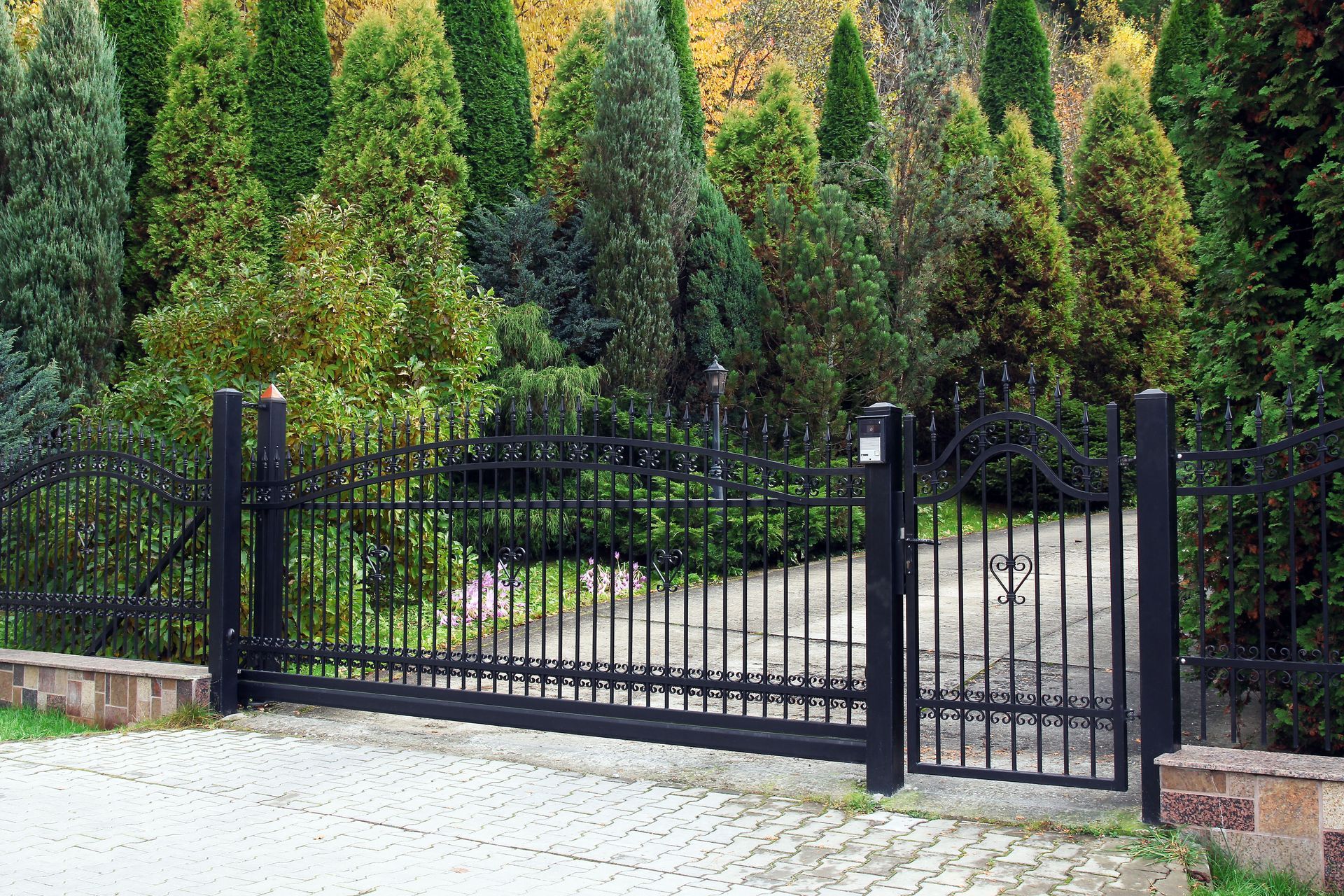
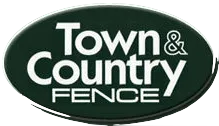
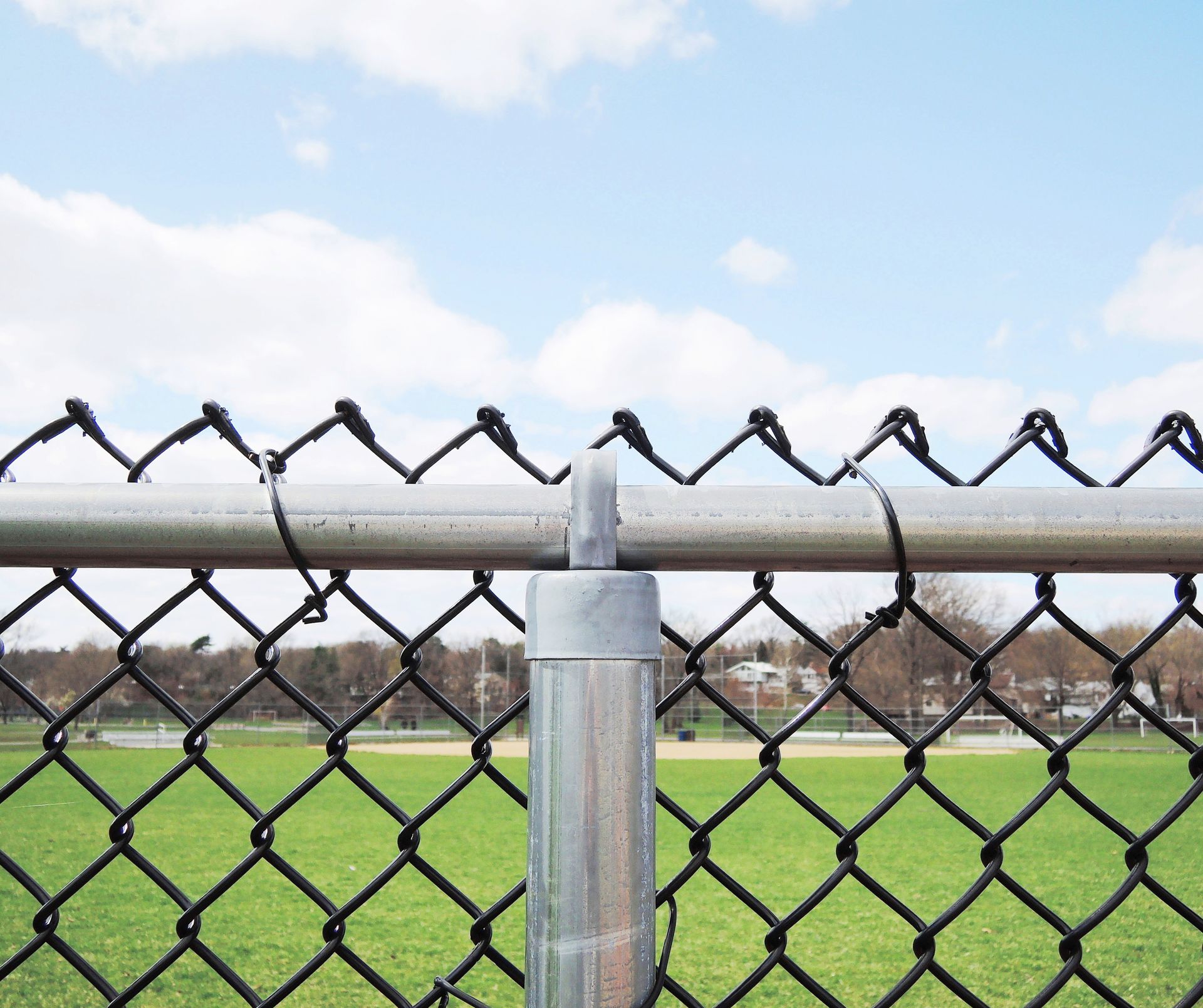
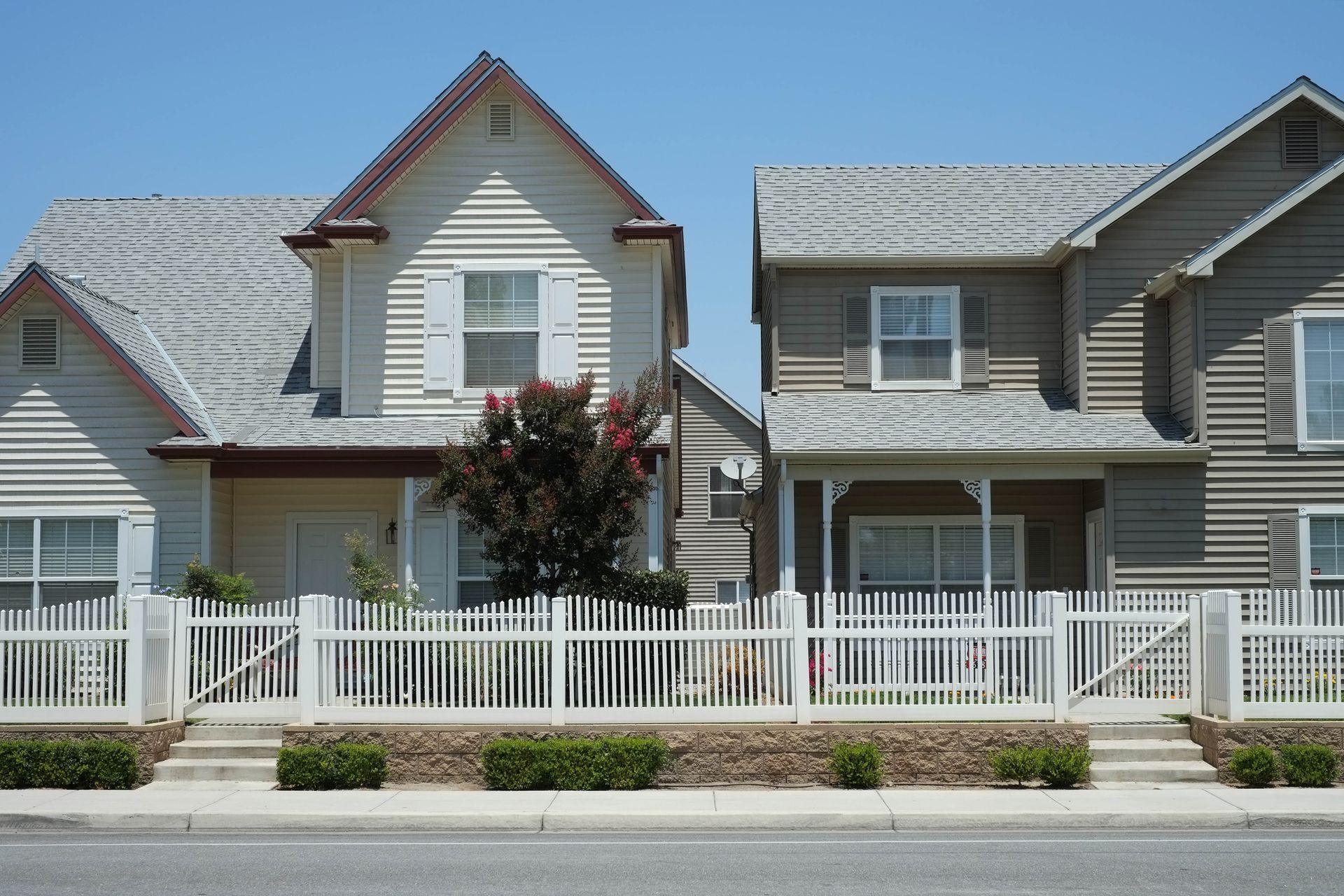
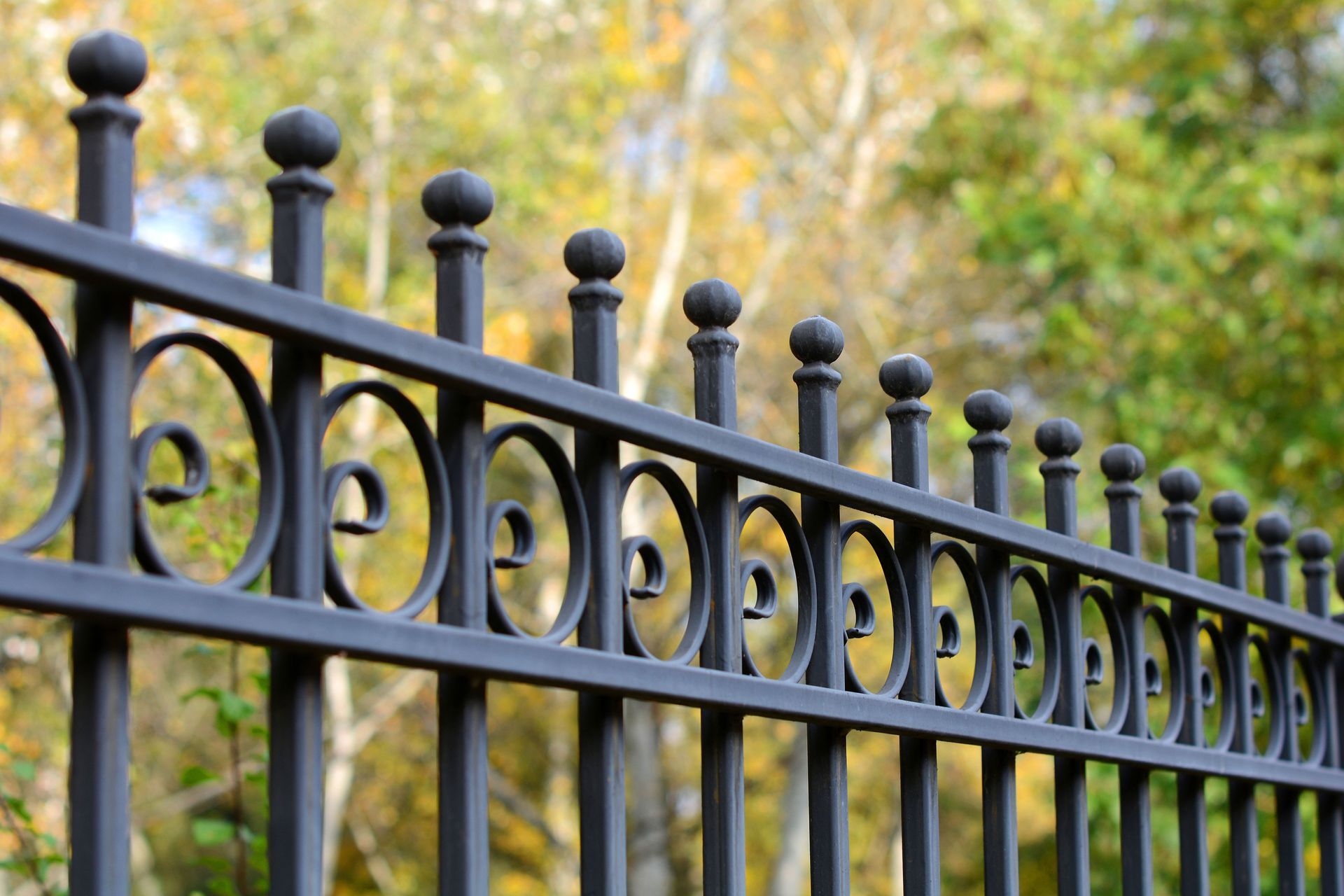
Share On: